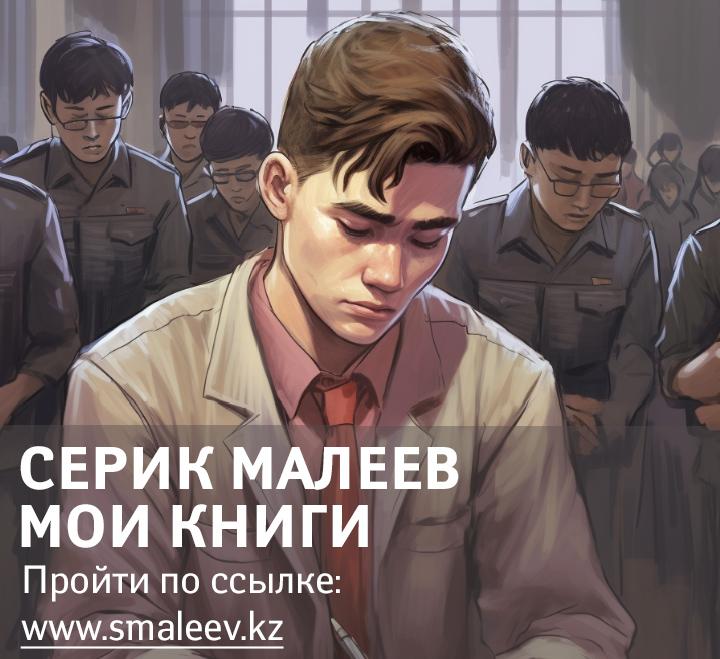 The trial of suspected Boston Marathon bomber Dzhokhar Tsarnaev started Wednesday, with a prosecutor accusing him of detonating bombs designed to «tear people apart and create a bloody spectacle.»
The trial of suspected Boston Marathon bomber Dzhokhar Tsarnaev started Wednesday, with a prosecutor accusing him of detonating bombs designed to «tear people apart and create a bloody spectacle.»
The shaggy-haired Tsarnaev stared straight ahead, avoiding looking at the jury, as U.S. prosecutor William Weinreb made his opening statement.
The prosecutor alleged that Tsarnaev and his older brother Tamerlan set off a pair of homemade pressure-cooker bombs, packed with nails and ball bearings, near the finish line of the annual race in 2013, killing three people and injuring another 264.
Days later, Tamerlan Tsarnaev was killed in a shootout with police as the pair, both ethnic Chechens who had lived in the U.S. for years, tried to elude a massive manhunt and flee Boston. Dzhokhar Tsarnaev faces the death penalty if the jury convicts him.
More than 20 victims of the blasts watched the early moments of the trial, taking up the entire left-hand side of the courtroom.
‘Favored by terrorists’
Weinreb described the two pressure cooker bombs as the type «favored by terrorists» because of the mayhem and injuries they could cause. After the blasts, he said, «The air was filled with the smell of burning sulfur and people’s screams.»
The prosecutor said Tsarnaev «believed that he was a soldier in a holy war against Americans.» Weinreb said Tsarnaev «also believed that by winning that victory, he had taken a step toward reaching paradise. That was his motive for committing these crimes.»
One of Tsarnaev’s lawyers, Judy Clarke, one of the U.S.’s foremost death penalty legal specialists, began her portion with a stunning statement of their client’s guilt: “It was him.”
Defense attorneys sought to skip straight past the question of guilt and turn the focus to the relative responsibility of the 21-year-old defendant and that of his 26-year-old brother.
It was Tamerlan Tsarnaev — who Dzhokhar killed days after the April 15, 2013 attack by inadvertently running him over with a car as they were trying to flee police — who was the mastermind, defense attorney Clarke told the jury.
“It was Tamerlan Tsarnaev who self-radicalized. It was Dzhokhar who followed him,” Clarke said. “The evidence will show that Tamerlan planned and orchestrated and enlisted his brother into this series of horrific acts.”
At odds with judge
The approach set up an immediate conflict with U.S. District Judge George O’Toole, who had ruled that the question of the relative culpability of the two brothers was best left to the trial’s second phase, once Dzhokhar’s guilt has been established.
“Some evidence of the brother’s interactions will be inevitable,” O’Toole allowed in brief remarks before the trial opened. But he interrupted Clarke multiple times to warn her against going too deep into family history.
Two dramatically different portraits of the former college student are expected to emerge during the trial.
Was he a submissive, adoring younger brother who only followed directions given by his older, radicalized brother? Or was he a willing, active participant in the attacks?
Tsarnaev has pleaded not guilty to the 30 counts against him, including the fatal shooting of a Massachusetts Institute of Technology police officer days after the bombings as the Tsarnaevs tried to flee.
Authorities say Tsarnaev, then 19, and Tamerlan carried out the bombings to retaliate against the U.S. for its wars in Muslim countries.
The brothers are ethnic Chechens who had lived in the former Soviet republic of Kyrgyzstan and the volatile Dagestan region of Russia before coming to the U.S. with their parents and two sisters about a decade before the bombings.
Some material for this report came from Reuters and AP.
http://www.voanews.com/content/boston-marathon-bombing-trial-to-begin/2667172.html


